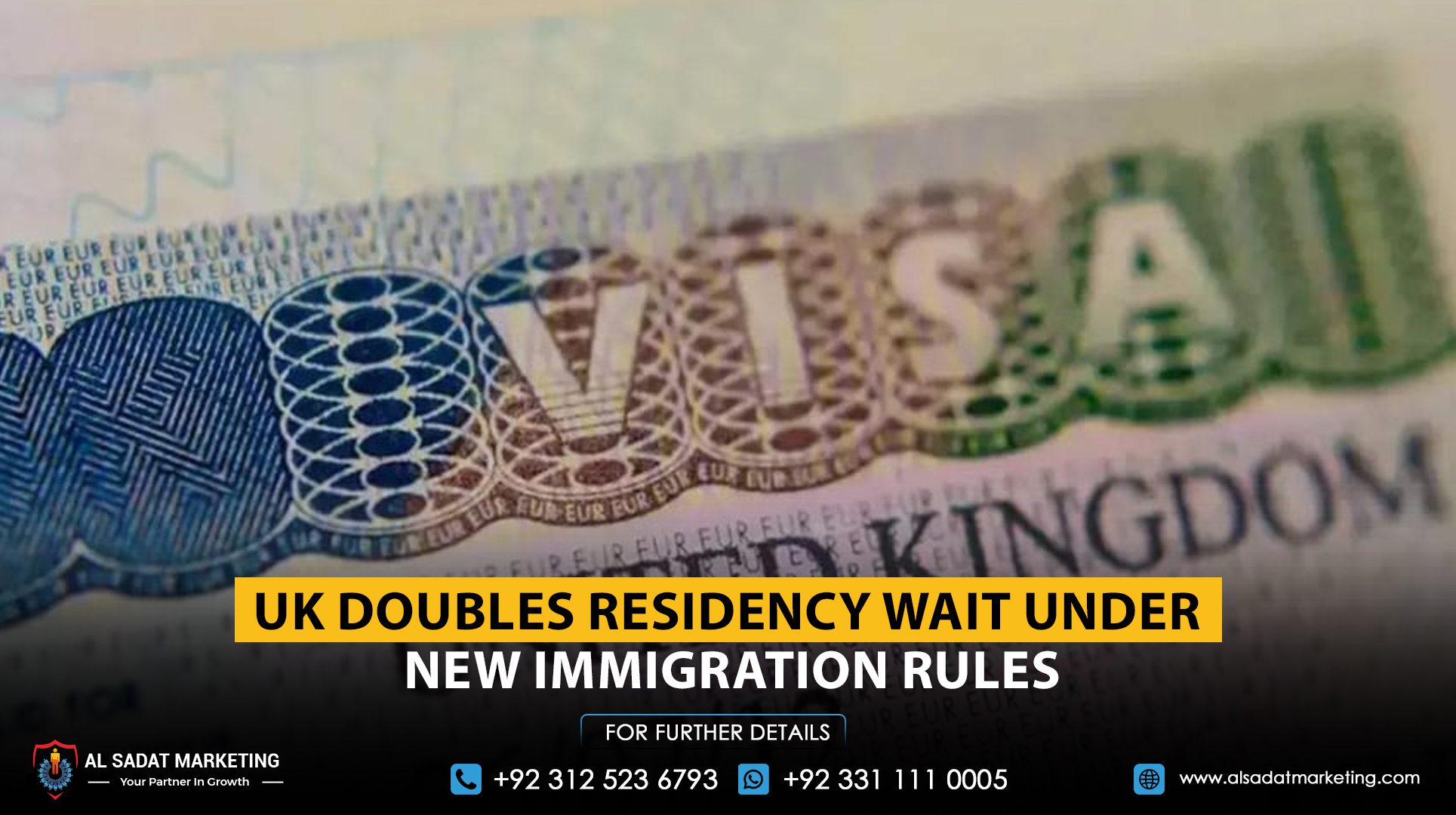The UK government has announced major new immigration reforms that will significantly change how long migrants must wait before qualifying for permanent residence. Home Secretary Shabana Mahmood outlined the plans in Parliament, saying the new system is designed to ensure that settling in the UK is “a privilege that must be earned.”
One of the biggest changes is the extension of the qualifying period for Indefinite Leave to Remain (ILR) from five to 10 years. The rule will apply to migrants who arrived after 2021, meaning more than 2.6 million people could be affected. Those who already hold ILR will not see any change.
Settlement is an important step because it allows migrants to live and work in the UK without restrictions. Under the new rules, some people may wait even longer. Migrants who claim benefits for less than a year will face a 15-year wait, while those receiving benefits for more than 12 months may need to wait up to 20 years — the longest standard settlement period in Europe. Health and social care workers who arrived after Brexit will also shift from a five-year to a 15-year requirement.
However, the government is creating fast-track options for high earners. Migrants making at least £125,140 for three years may qualify for settlement in just three years. Those earning £50,270 could qualify in five years. English language skills, community service, and volunteer work may also help shorten the wait.
Mahmood said the changes are necessary due to unusually high migration levels, with net migration adding 2.6 million people to the UK population between 2021 and 2024. The Home Office expects around 1.6 million settlement applications from 2026 to 2030.
Some groups will still receive protected pathways, including NHS doctors and nurses who will continue to qualify after five years. High-skilled workers, entrepreneurs, and young migrants who arrived before age 18 may also benefit from quicker settlement options. Victims of domestic abuse, bereaved partners, and resettled refugees will keep their existing protections.
The reforms have triggered strong reactions. Conservative shadow home secretary Chris Philp said Labour is adopting policies it had previously opposed, while warning that the changes could create loopholes without a strict migration cap. Public service union Unison criticized the plan, saying it would create uncertainty for thousands of essential workers who played a crucial role during the pandemic.
The new settlement rules are expected to take effect from spring 2026 after the government concludes its consultation on 12 February.










